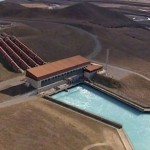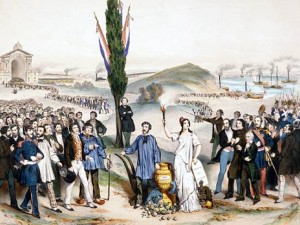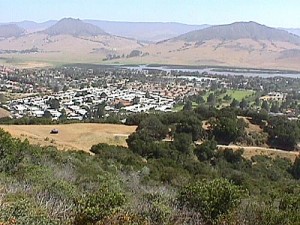There’s a reason why we talk about property rights. Owning property without having any rights to it makes as much sense as having rights to something without owning it in some way.
‘Water rights’ and ‘water ownership’ are, in all practical senses, sub-species of the same thing. If they aren’t then no farmer could complain if I suspended a large bucket from a long rod, while standing on a public pathway, and collected all the water that dropped from an irrigator before it reached the farmer’s paddock. But of course a farmer could complain.
To have a right to ‘use’ is, in effect, to own something for a certain purpose, for a certain time.
I’ll put it as bluntly as I can: rights are owned and ownership is a right. Of course there are different sorts of rights and different types of ownership, but there’s no need to bother with legal definitions and subtleties – look at the behaviours that the state does or doesn’t allow when it comes to water ‘rights’ and – then – it’s plain that what we’re talking about with ‘water rights’ is a form of ownership.
But when it comes to the present controversy over the New Zealand Maori Council’s claims at the Waitangi Tribunal, ownership of exactly what is at stake? The answer isn’t straightforward. But here’s a clue – it’s not ownership of water itself, or of water rights. Continue reading








